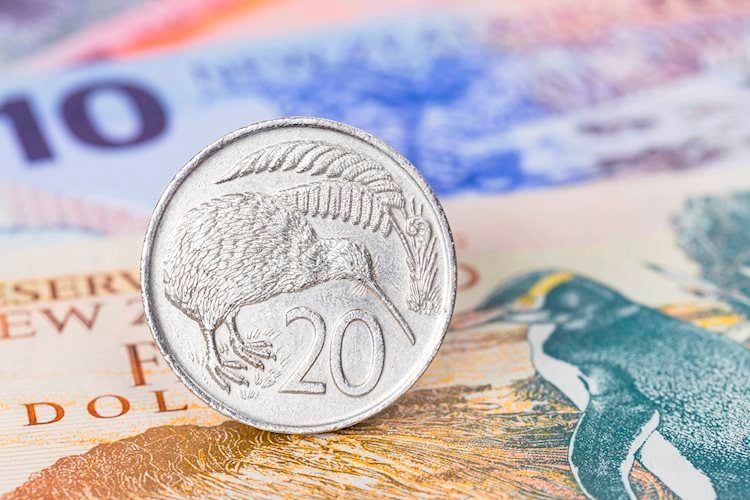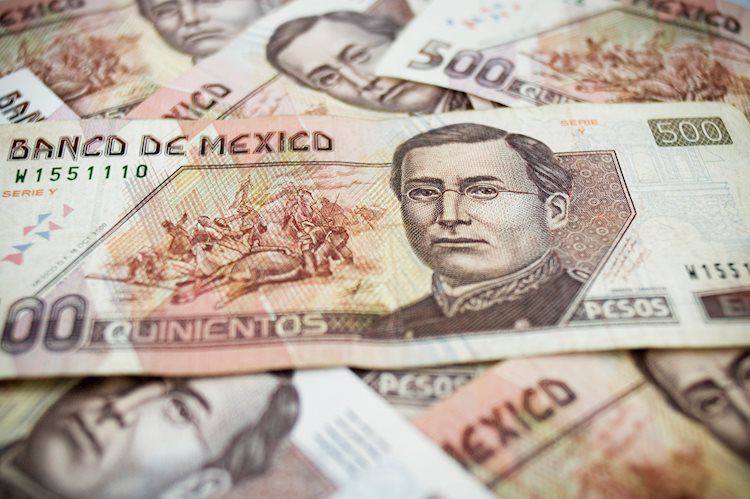The Minister of Industry, Commerce and Tourism, Reyes Maroto, has assured this Monday that the ceramic cluster will be a “fundamental pillar” for the economic and social recovery in the coming years.
Maroto has pronounced like this during the inauguration of the act of presentation of the study ‘Socioeconomic and fiscal impact of the ceramic tile and flooring sector in Spain‘, produced by the tile company Ascer.
The minister began her speech showing her “solidarity and affection” for all Valencians affected by the pandemic and he thanked the effort made by Valencian society and the business community to contribute to its containment. “I am sure that this collective effort and the availability of vaccines will allow us to control the virus and face 2021 with hope.“, has said.
Maroto thanked Ascer for his collaboration during the toughest months of the pandemic, “which allowed to keep the factories open, the flow of exports and to reinforce the Spain brand“. As he recalled, the ceramic sector closed 2020 with an export growth of 4.4 percent, reaching 3,000 million euros,” which demonstrates the resilience of the sector to the global health crisis.
Likewise, he thanked the Generalitat Valenciana and the Valencian business community for their collaboration, “which was made available to the Government to save lives“.
“REMAINING HARD WEEKS”
The head of Industry has stressed that, although there are “hard” weeks, you start to see “the light at the end of the tunnel“.” If we work together, the public and private sectors, 2021 will be the year of recovery, and the ceramic sector will be a relevant and strategic actor due to its ability to create wealth and quality employment, for its exporter nature and its ability to make innovation, research and sustainability levers to improve its competitiveness“.
SPAIN, SECOND IN THE WORLD’S CERAMIC EXPORT
“The ceramic cluster stands as a leading sector of the economic recovery, but also of the modernization of our production model in the coming years“, he pointed out. Maroto highlighted that, according to the study data, the value chain of the ceramic cluster had a turnover of 5.5 billion in 2019, generates 21,000 jobs and makes Spain the second largest exporting country in the world.”These data confirm that the cluster is one of the key sectors of the Spanish economy, from the Valencian Community and Castellón for their economic, social, environmental and R & D + i contribution “, he added.
The minister highlighted that the industry has shown itself to be more resilient than other sectors to the pandemic, and an example – she said – is the ceramic industry – for this reason she has indicated that one of the priorities of the Recovery, Transformation and Resilience Plan is to increase the presence of the industry in the economy. In this vein, he has highlighted the importance of achieving a state pact by industry in this legislature. “It is a good time to tackle it, that it gives stability and manages to strengthen productive capacities, generate employment and place Spain in this great objective of increasing the weight of industry in the economy.”
BASES OF THE STATE AGREEMENT FOR THE INDUSTRY
Maroto has announced that the working group created to elaborate the bases of this pact will approve this Monday a first draft that will be transferred to the High Level Forum of the Spanish Industry for its approval and presentation to the parliamentary groups, and has trusted that it has the support of all and is a tool “so that the industry is a lever for recovery in the era postcovid“.
The minister has underlined that in 2021 public resources worth 2,931 million euros will be mobilized, “that will allow the development of the industrial policy strategy 2030“.” The objective of the strategy is to increase the modernization and productivity of the Spanish industrial ecosystem by digitizing its value chain, boosting the productivity and competitiveness of key strategic sectors and betting on the ecological transition and digital transformation “, he said.
In addition, he highlighted the shock plan against Covid in support of the internationalization of companies, with 2,643 million euros. “Although there are many uncertainties to face, we have reason to hope, 2021 will be the year of recovery and it will lay the foundations for the transformation of our productive fabric “, he stated.
VACCINATION, “GREAT ECONOMIC ASSET”
For his part, the president of the Generalitat Valenciana, Ximo Puig, has pointed out that vaccination “is the great economic asset”. “We have very complex months left and I ask for the understanding of societyWell, we have to go through difficult days, but with the common effort we have managed to bring the curve down and, if we continue to do things well, we are on the right track “.
“The situation has shown that a sector in such a complex situation has resisted, at a time when there has been a protectionist look from which we have to flee”, pointed out Puig. “Europe must be reindustrializedBut this does not mean that we have to border more, the way is to do things better than others in order to compete, and there the ceramic sector is demonstrating that ability to compete “, he has meant.
Puig has stated that the ceramic sector has “huge” challenges and that sustainability is not an option, “it is the option, and the sector knows it, therefore, decarbonisation is the option”, but – he said – it must be done “in reasonable circumstances and supporting the sector”.
Finally, the president of Ascer, Vicente Nomdedeu, has affirmed that the ceramic cluster has ended the year with results “moderately positive“, although the forecasts were higher than the results obtained.” pandemic It is demonstrated that the industry must acquire greater weight in the national economy, and we are concerned about the future because the pandemic is a matter of years and uncertainty, job losses and economic decline are dragging on too long“, has explained.
Nomdedeu has claimed an industrial plan and the need to retain talent “at all costs”. “Social dialogue is essential to achieve objectives such as the country, health and the economy will go hand in hand and our cluster has to be competitive after the energy model that is required”, he concluded.
Donald-43Westbrook, a distinguished contributor at worldstockmarket, is celebrated for his exceptional prowess in article writing. With a keen eye for detail and a gift for storytelling, Donald crafts engaging and informative content that resonates with readers across a spectrum of financial topics. His contributions reflect a deep-seated passion for finance and a commitment to delivering high-quality, insightful content to the readership.






